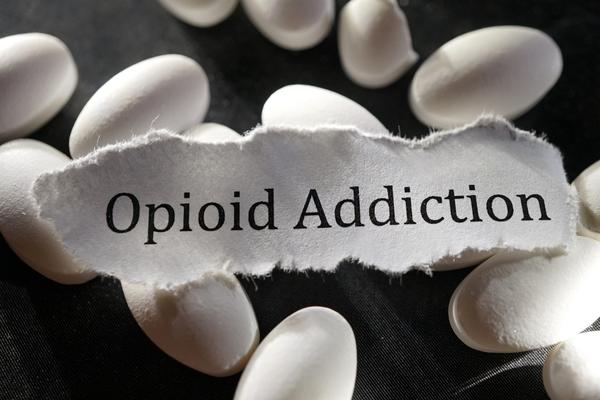It can sometimes be difficult to tell if someone is just high or if they have overdosed on opioids. It is critical to never second guess if someone is overdosing, and it is better to call 911 immediately. Today there are numerous laws in place that prevent anyone from facing criminal charges when a person overdoses on opioids or other drugs. Life is to be saved, and the government and police will not hold anyone accountable regardless of the scene. Understanding how to recognize an overdose is essential. Often not noticing the difference between someone being high or dying may look similar. Always treat the situation like an overdose – it could save someone’s life.
The number of drug overdose deaths increased by nearly 5% from 2018 to 2019 and has quadrupled since 19991. Over 70% of the 70,630 deaths in 2019 involved an opioid. (CDC)
Is It Possible to Overdose for Chronically Opioid Addicted Individuals?
Yes, overdose can happen to anyone, even if they have been hardcore heroin or fentanyl addict for many years. The length of an addiction does not prevent someone from accidentally overdosing. The other misinformation is that it is not always the dose that causes the overdose. A person may have another medical condition they are unaware of and use the same amount and still end up in the hospital. Another way people overdose even with lifelong habits on opioids is when they mix opioids with alcohol, benzodiazepines, marijuana, or other drugs.
How Do You Recognize an Opioid Overdose?
The human body is not made to tolerate an abundance of chemicals all at once. The brain essentially misfires and cannot tell the heart or lungs what to do, and people die. Opioid-related deaths have exploded in recent years because we are experiencing an opioid epidemic throughout the country. The National Safety Council has a video explaining the symptoms of an overdose. Learning the signs of an overdose is necessary to save someone’s life, even if they are strangers in a public place.
What Happens During an Opioid Overdose?
The vast majority of opioid overdoses are unintentional; however, they can occur in many ways and places. No matter how or where an individual overdosed, opioid overdose is a medical emergency that must be treated immediately. To potentially save someone’s life, it is vital to be familiar with the signs of an opioid overdose and know what to do. The following are signs of an overdose when you need to call 911 immediately:
- Person is unconscious
- They are unresponsive to external stimuli
- Cannot speak, but awake
- A prolonged and shallow breathing pattern, or breathing that has stopped
- Lighter-skinned people may develop bluish-purple skin tones
- Dark-skinned people will develop a grayish or ashen complexion
- The sound of choking, or a gurgling sound
- Vomiting
- A limp body
- Having blue or purple fingernails and lips
- A slow, irregular, or absent pulse
What Is Narcan & How Does it Reverse an Opioid Overdose?
The National Institute on Drug Abuse explains Narcan and why it reverses an opioid overdose and saves someone from dying. Narcan is the name brand name for the medication that contains naloxone, the key ingredient for reversing an opioid-based overdose.
Naloxone is a medicine that rapidly reverses an opioid overdose. It is an opioid antagonist. This means that it attaches to opioid receptors and reverses and blocks the effects of other opioids. Naloxone can quickly restore normal breathing to a person if their breathing has slowed or stopped because of an opioid overdose. Naloxone should be given to any person who shows signs of an opioid overdose or when an overdose is suspected. Naloxone can be given as a nasal spray, or it can be injected into the muscle, under the skin, or into the veins. (NIDA)
EVOKE Coconut Creek Offers Opioid Addiction Treatment
The only way to end the nightmare of being addicted to heroin or other opioids is to get medical help and be treated for opioid addiction. Opioids are very hard to quit alone. We have seen many patients come in after being on heroin or prescription painkillers for decades. Opioids are physically addicting and change the person’s character more than other drugs because of the physical addiction. Opioid addicts are not to blame- the drug is more powerful than they ever realized, or they would never have tried it. We are dedicated to helping opioid addicts find the freedom they have been missing with our evidence-based treatment that uses medications and therapy. Call now to begin.



